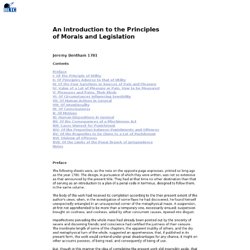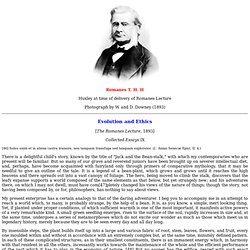

Can Ethics be Objective? One component of rational thinking is a sense of right and wrong.

Nearly everyone should have some idea that certain actions or states of affairs are better than others. Similarly, nearly everyone should have an understanding of value and some intuitive evaluative ability. The different ways of interpreting of these phenomena constitute the different theories of value. Ethics, also known as morality, is where values and actions come together. I want to take a close look at this today, specifically the question of whether or not ethics can be objective. The first thing I want to do in trying to address this problem is to establish some clear terminology. There are some prominent materialist philosophers who say that they are moral realists, but when they describe the type of morality that they believe in, it is clear that what they are talking about is the morality that people have evolved to have instinctually.
By now we have conceded that normative ethics cannot be objective. Jeremy Bentham: An Introduction to the Principles of Morals and Legislation. {*style:<b> Jeremy Bentham 1781 </b>*} {*style:<b>Preface I: Of The Principle of Utility II: Of Principles Adverse to that of Utility III: Of the Four Sanctions or Sources of Pain and Pleasure IV: Value of a Lot of Pleasure or Pain, How to be Measured V: Pleasures and Pains, Their Kinds VI: Of Circumstances Influencing Sensibility VII: Of Human Actions in General VIII: Of Intentionality IX: Of Consciousness X: Of Motives XI: Human Dispositions in General XII: Of the Consequences of a Mischievous Act XIII: Cases Unmeet for Punishment XIV: Of the Proportion between Punishments and Offences XV: Of the Properties to be Given to a Lot of Punishment XVI: Division of Offenses XVII: Of the Limits of the Penal Branch of Jurisprudence Notes </b>*} Preface </b>*} The following sheets were, as the note on the opposite page expresses, printed so long ago as the year 1780.

Another consideration is, that the suppression of the present work, had it been ever so decidedly wished, is no longer altogether in his power. Evolution and Ethics (1893) Romanes T.

H. H Huxley at time of delivery of Romanes Lecture Photograph by W. and D. Downey (1893) Evolution and Ethics [The Romanes Lecture, 1893] Collected Essays IX [46] Soleo enim et in aliena castra transire, non tanquam transfuga sed tanquam explorator. There is a delightful child's story, known by the title of "Jack and the Bean-stalk," with which my contemporaries who are present will be familiar. My present enterprise has a certain analogy to that of the daring adventurer. By insensible steps, the plant builds itself up into a large and various fabric of root, stem, leaves, flowers, and fruit, every one moulded within and without in accordance with an extremely complex but, at the same time, minutely defined pattern. Neither the poetic nor the scientific imagination is put to much strain in the search after analogies with this process of going forth and, as it were, returning to the starting-point.
. [56] Even purely intellectual progress brings about its revenges. Justice with Michael Sandel - Online Harvard Course Exploring Justice, Equality, Democracy, and Citizenship. U. Maine Farmington - Humanities » George Miller.